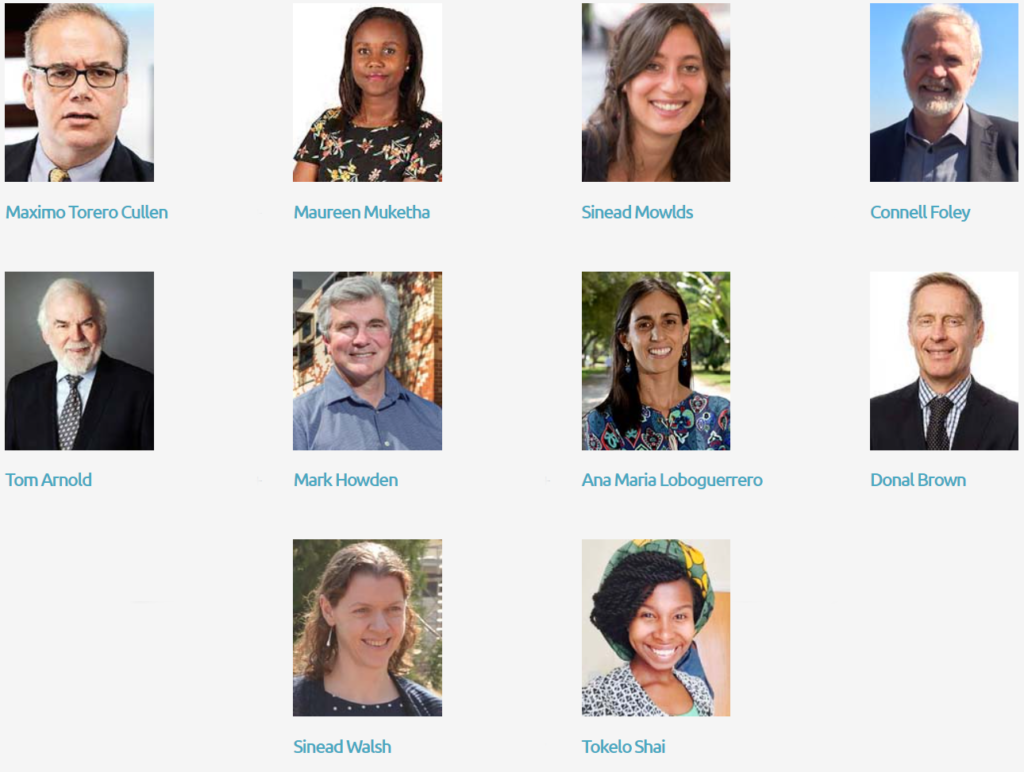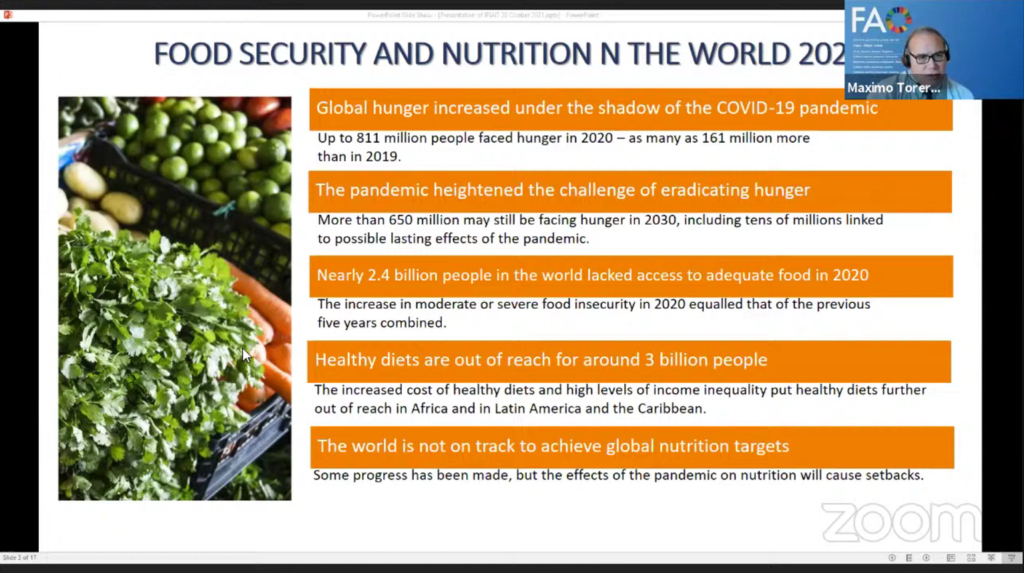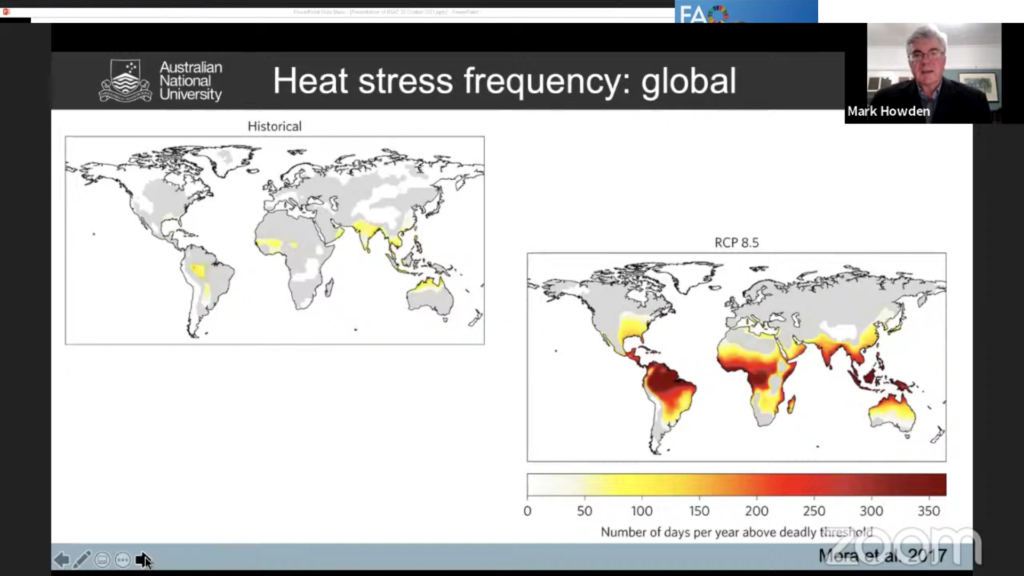
On the 20th of October 2021, the IFIAD annual conference was held online, featuring 10 speakers from around the world, as well as Minister Pippa Hackett. A number of issues were raised during the conference, mainly: goals not met, insufficient trust, and lacking communication between involved parties. At the opening of the conference, it was stated that previously set goals for hunger reduction and greenhouse gas levels have not been met and humanity is currently approaching a tipping point from which it might be impossible to come back.
Additionally, the problem of communication has been raised: developing countries lack representatives, as do oppressed groups and farmers – resulting in them not being heard, despite the fact that they play a key role in both global and local food systems. Another important issue that was discussed is trust between all involved parties. Farmers need to know that they will be protected and need to be convinced to interact with other organizations more freely. Decision-making processes need to be more transparent, as one of the steps towards building trust.

During the conference, a lack of consensus was identified regarding a country-centric approach: in general, countries would rather take the easier technical approach and shy away from political concerns or matters of political or government power. One way to fix this is to provide evidence to governments of why this is detrimental and why simple solutions should be avoided. Other than that, it was brought up that the Food Systems Summit wasn’t all-inclusive, and food was largely excluded from COP discussions.
Issues that saw little light at the IFIAD conference but which are important at COP26 were Climate Fair Shares and Loss and Damage. Climate Fair Shares entails that rich historical polluters need to do much more regarding emission reduction and climate finance, however recently that has not been exactly the case, and this issue arguably needs more attention. Loss and Damage refers to the catastrophic loss of lands, livelihoods, and associated cultures as a result of climate change. Countries that suffer from this understandably desire compensation from the same rich historical polluters.

Sources, references and other information
- http://www.ifiad.ie/
- https://www.youtube.com/watch?v=pimhl5KTSOg
- https://ukcop26.org/
- https://www.un.org/en/food-systems-summit
- https://foe.scot/campaign/climate-action/un-climate-summit-glasgow-2020-cop26/key-issues/